100 more free schools approved for England
- Published
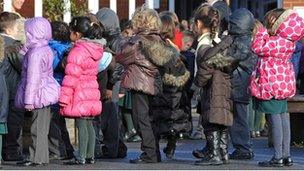
Free schools are like academies, independent of local councils
Another 102 new free schools have been approved to open in England from next year onwards.
The first of this new breed of semi-independent state-funded schools - a total of 24 - opened last September.
They are being set up by groups, including charities and religious bodies, teachers, parents and education chains behind academy schools.
Supporters say the expansion will mean there will be a free school in nearly every local authority.
The government says the schools bring choice for parents and will drive up standards.
But critics say they will damage other schools by taking pupils and resources from them and break up the state school system.
On a visit to a school on Friday, the prime minister said the free schools scheme had been a "great success".
"What we are seeing is real quality, real choice for parents and it's a great part of our school improvement programme," he said.
"Many more children are getting the education they, and their parents, want and deserve."
The prime minister said the schools were based on the "simple idea" of opening up schools to new providers and that competition would drive up standards across the system.
The first 24 free schools are nearing the end of their first year and another 50 or so are expected to open this September.
The 102 schools , externalbeing announced today are due to open from 2013 onwards and officials say that when those and the others already approved or open are full to capacity, free schools will have provided up to 100,000 extra places.
Among them is a "University Training School" for Birmingham, sponsored by Birmingham University; a "Marine Academy Primary" for Plymouth; an "East London Science School" and a co-educational sixth form college for Manchester set up by the Altrincham Grammar School for Girls and backed by Manchester City football club.
The club expects recruits to its new academy to study there.
Details released by the government show that about one third of this latest group "characterise themselves as faith schools" and about the same number are planned for London, where there is a shortage of primary places.
One of the faith schools is a Greek Orthodox secondary school in north London - said to be the first in England.
Other details are that:
40 are primary schools
28 are secondaries
10 are "all through schools" - primary and secondary combined
Five are independent schools which are joining the state sector
Five are special schools
12 are "alternative provision" such as schools for those expelled from mainstream schools
The full list of approved schools is due to be published later on Friday.
Rachel Wolf, the director of the New Schools Network, which advises groups wanting to set up a school, says there is now "huge momentum" behind the scheme.
She said: "Today's announcement sees the free schools movement well on its way to delivering a great new school for every community."
Many teachers and existing schools are behind the latest projects, she said.
Privatisation
Critics of the programme, including teachers' unions, say it is a costly experiment and that schools are being set up in areas where there is not enough demand.
There was a recent outcry over one free school, at Beccles in Suffolk, which had 37 applications for 162 places across three year groups for September. The foundation behind it says it has had more expressions of interest and expects to fill its places, but local campaigners say it is not needed and will damage other schools.
During his school visit, the prime minister said "almost all" free schools were over-subscribed.
The Department for Education says most of the primaries approved today are in areas with a shortfall of places.
Christine Blower, general secretary of the National Union of Teachers, said: "There is no justification for the systematic dismantling of the English education system that we are currently witnessing.
"Free schools are neither wanted by the majority nor needed by the system, as we have seen with the Beccles free school in Suffolk. They are wreaking havoc with co-ordinated pupil placement, creating surplus places and pitching schools against each other.
"Schools are desperately short of finances yet money is being found for schools which will educate tiny numbers of children."
Chris Keates, general secretary of the NASUWT teachers' union said: "Despite the spin put on this announcement by Downing Street, this is not a good news story.
"Children and young people deserve better than to be used as guinea pigs in an ideological experiment."
- Published20 March 2012
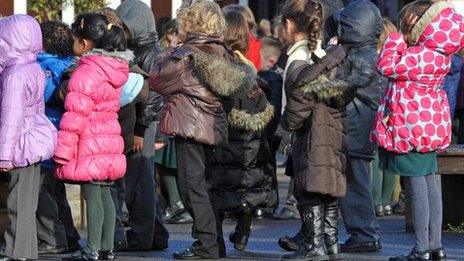
- Published10 January 2012
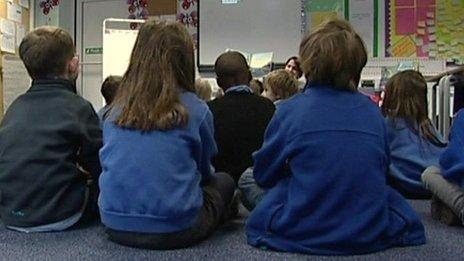
- Published9 March 2015
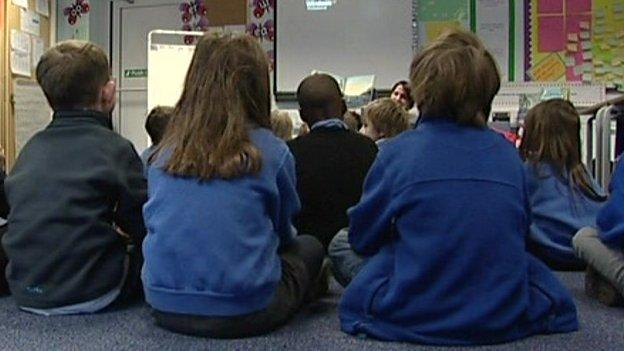
- Published26 November 2011
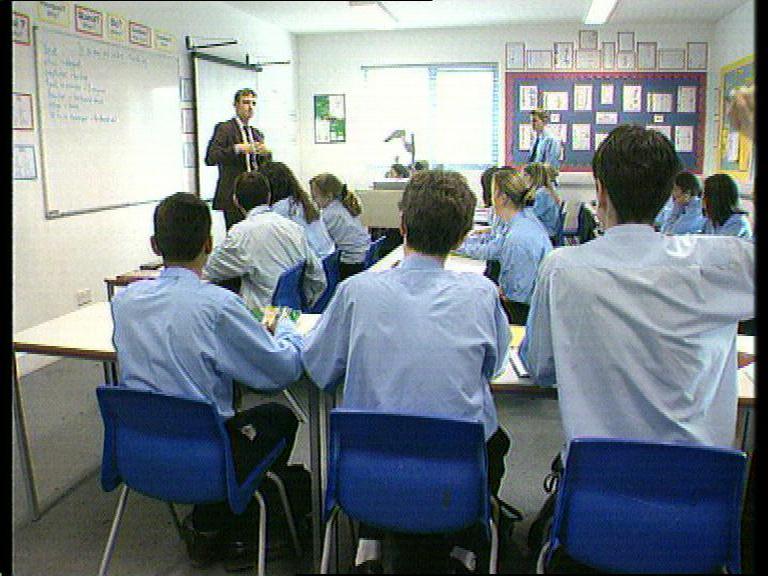
- Published24 March 2012
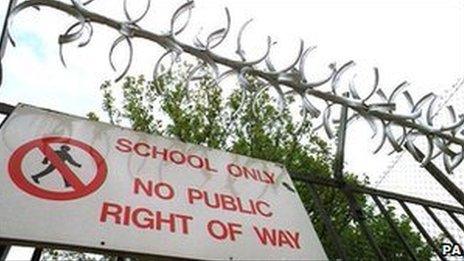
- Published28 June 2012
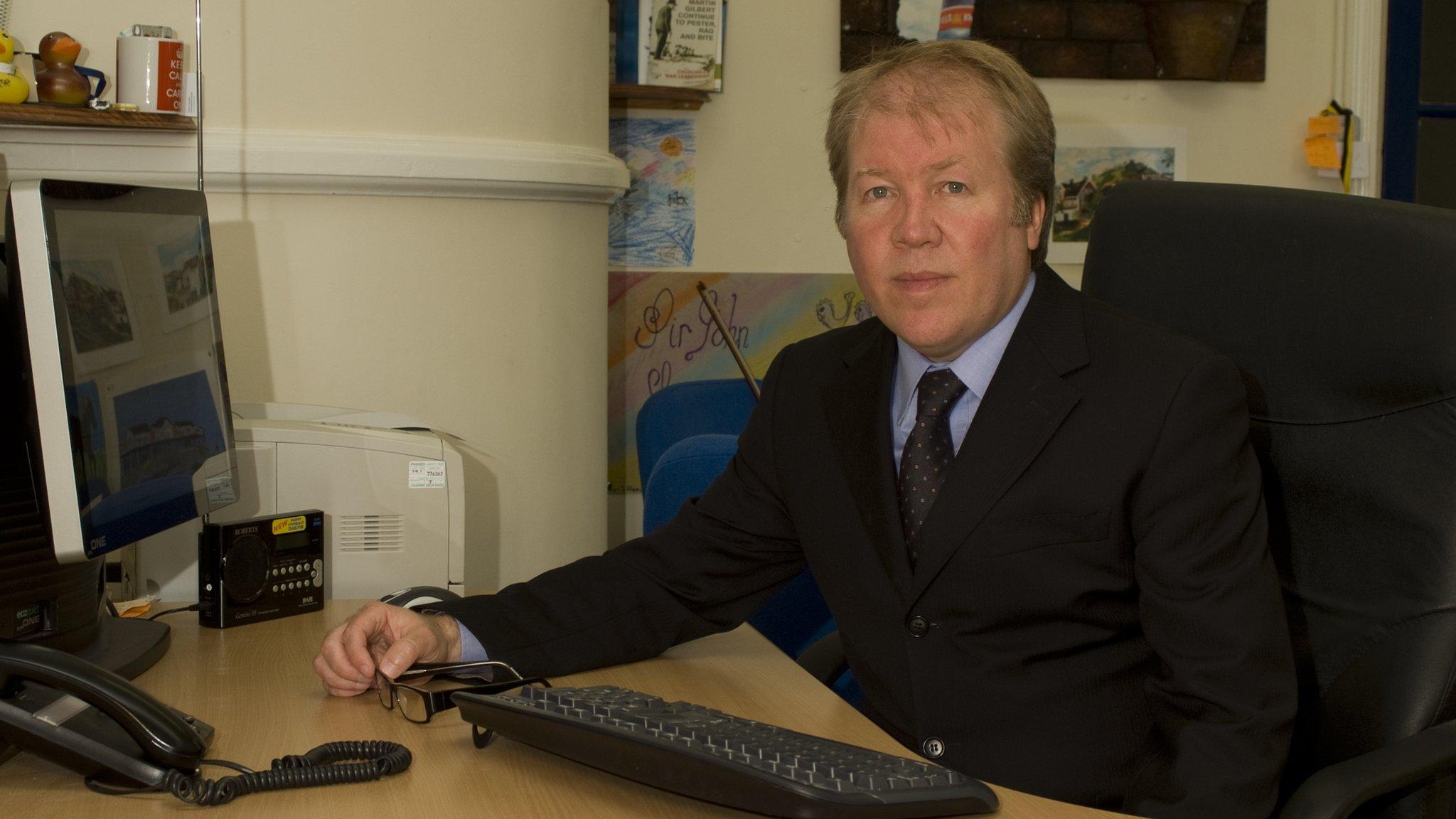
- Published20 February 2012
- Published27 January 2012
-2.jpg)
- Published5 September 2011
- Published18 January 2012
- Published7 January 2012
- Published1 December 2011